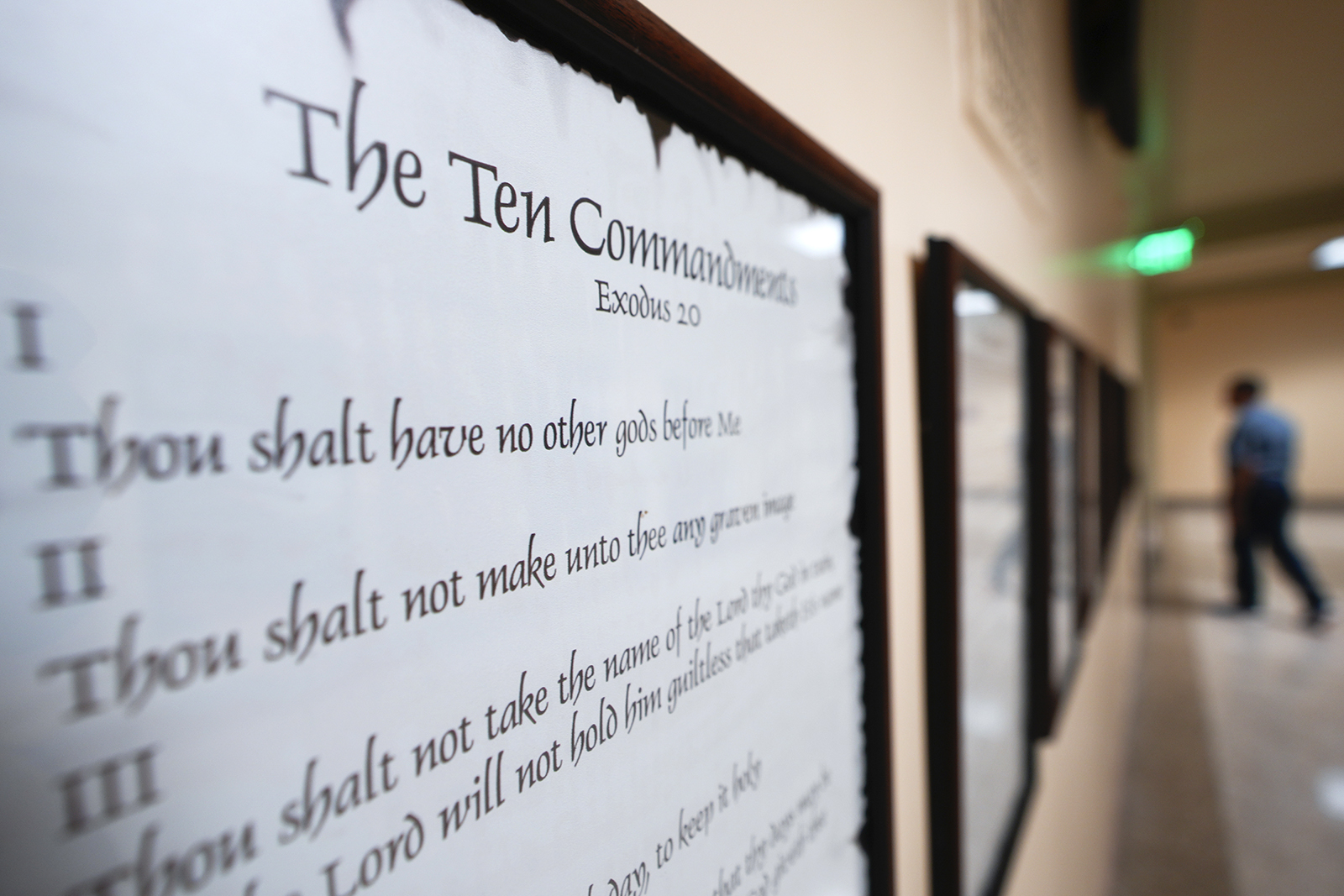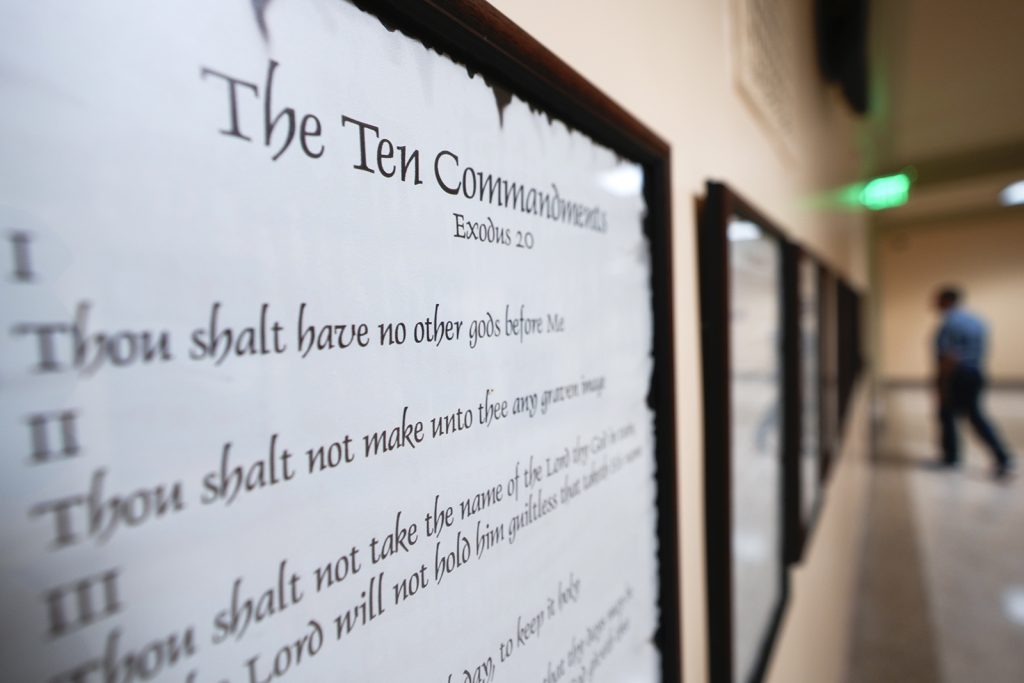
(RNS) — My column last week on Louisiana’s new Ten Commandments law has drawn some criticism for asserting that the state owes its legal system to the French Revolution through a reliance on the Napoleonic Code.
Wasn’t Louisiana actually part of Spain when the revolution occurred? How could its legal system have relied on the Napoleonic Code when the code was written in 1804, a year after the U.S. acquired its territory in the Louisiana Purchase?
The answer is simply that, for all the complexity in Louisiana’s early political and legal history, over two-thirds of the contents of the Digest of 1808, the key codification of Louisiana law, was taken from the Napoleonic Code and the “Project of the Year VIII,” the revolutionary codification on which the code is based.
Don’t take my word for it. Read the definitive article by Tulane law professor Rodolfo Batiza in the 1981 Tulane Law Review.
The French Declaration of the Rights of Man and of the Citizen thus bears roughly the same relationship to Louisiana state law that the Declaration of Independence does to U.S. federal law. So why not, as I suggested, post the former as well as the latter (which the new Louisiana law also mandates) in every public school classroom?
The Ten Commandments, by contrast, are no more significant for the construal of American law than for the French Revolution’s.
“[A]s can best be determined,” writes the closest student of the subject, Willamette University law professor Steven K. Green, “the historical record is devoid of any statements by the Founders about the legal significance of the Ten Commandments.” More broadly: “The historical record fails to support claims of a direct relationship between the law and the Ten Commandments.”
That the secular arguments for the Louisiana law, weak as they are, serve as a pretext for advancing religion was made clear by Rep. Dodie Horton, who sponsored the bill in the state House of Representatives. Having the commandments posted would let students “look up and see what God says is right and what he says is wrong,” she declared.
Whoops.
It was because mandatory courthouse displays of the Ten Commandments were instituted for a religious purpose that the Supreme Court struck them down as violating the establishment clause in McCreary County v. ACLU of Kentucky (2005), its most recent Ten Commandments case. Not that Antonin Scalia, in his minority opinion, saw this as a problem.
Between the majority of Americans who believe in the monotheistic God represented by the Ten Commandments and the minority who don’t, Scalia wrote, “Our national tradition has resolved that conflict in favor of the majority.”
That claim on behalf of “a tenet of traditional monotheism,” wrote David Souter for the 5-4 majority, was “truly a remarkable view” — one that “apparently means that government should be free to approve the core beliefs of a favored religion over the tenets of others, a view that should trouble anyone who prizes religious liberty.”
Among the current justices, however, Scalia’s view may well prevail. In a couple of years, we’re likely to find out.

